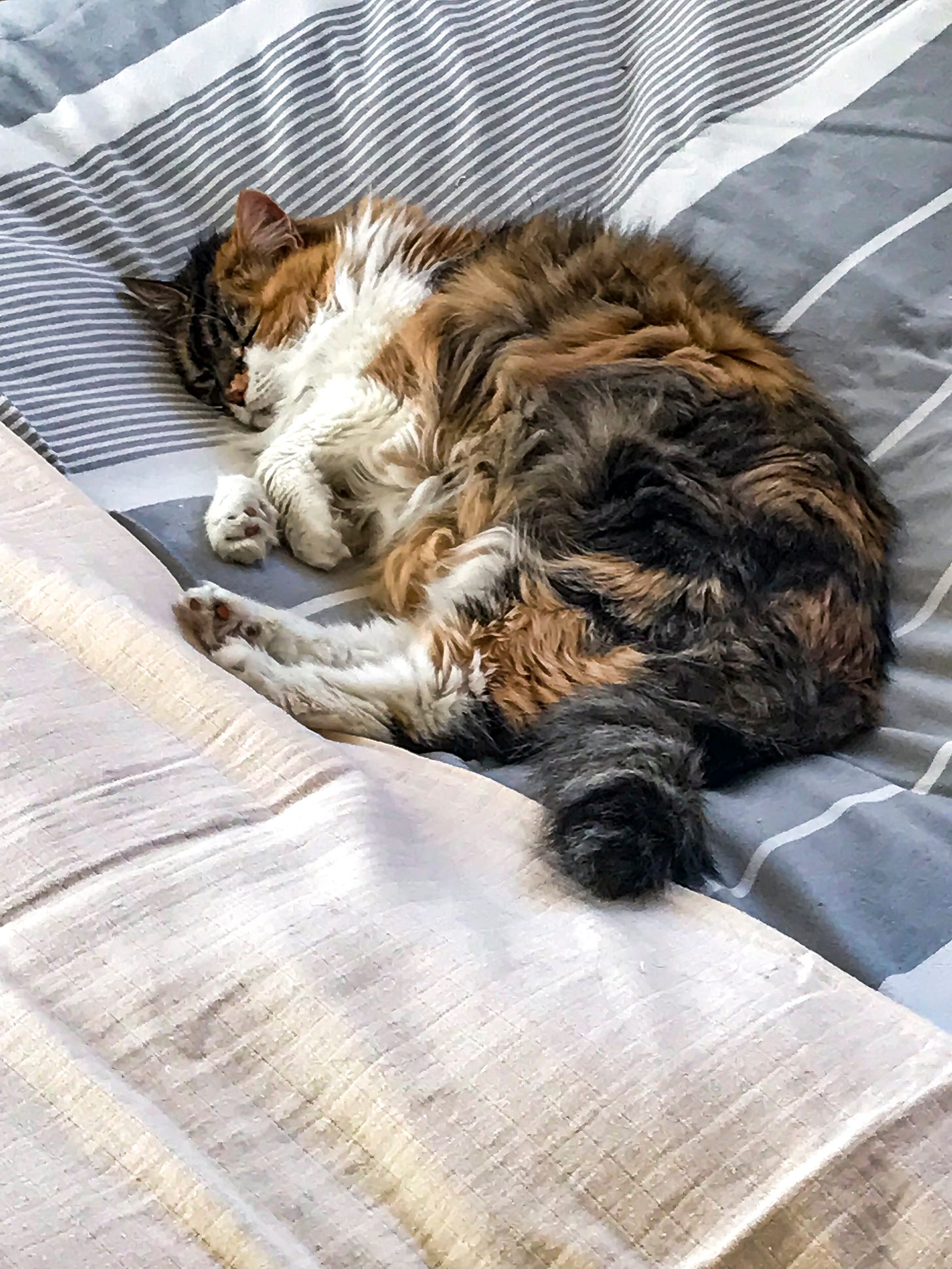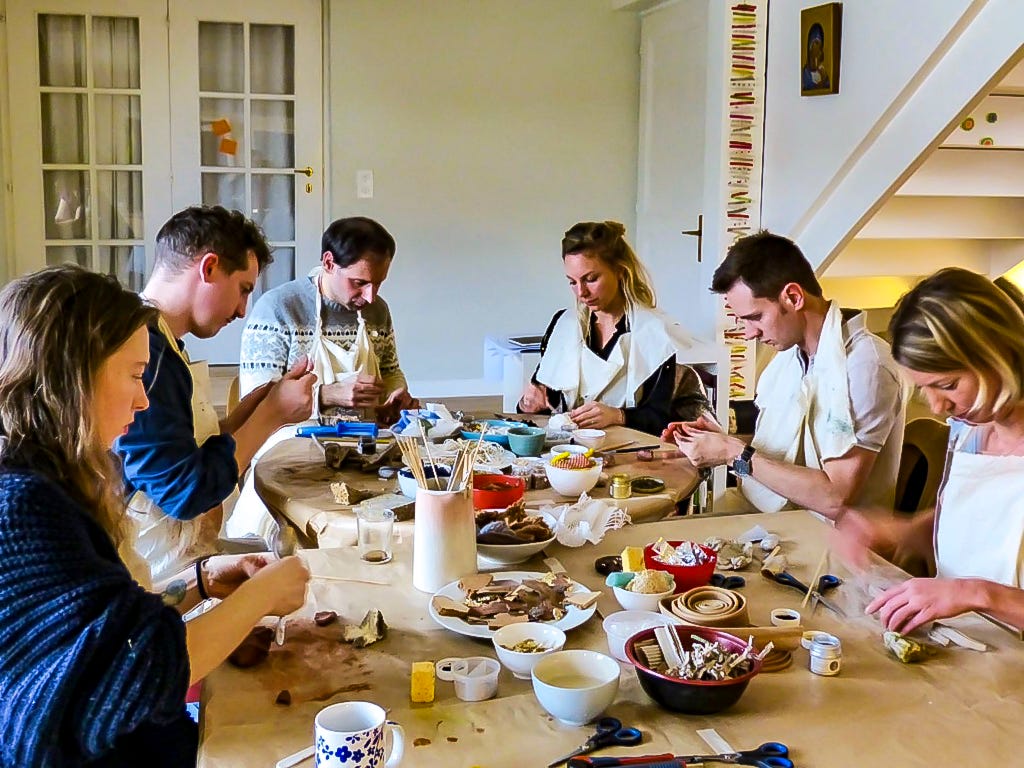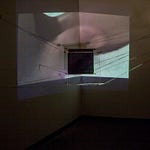Mirror neurons, empathy, simpatico, compassion. All of these phenomena and perceptions of being human has suddenly been recognized by The Science as real. Somehow we have arrived at the moment in time where our experience of life must be reconfirmed and validated through an expert panel.
This is not to demean the objective the Nobel Prize for Physiology offered this week to two scientists, David Julius and Ardem Patapoutian, but rather the headlines and articles themselves. The objective is made to sound as if science will save people from heart disease and the pain generated by lack of touch.
Was it not less than 50 years ago researchers discovered babies who failed to thrive were those who received shelter and nutrition, but not love and affection. Serious medical conditions aside, the value of touch has witnessed a serious devaluation throughout cultural rituals. Add the social distancing effects from the recent ongoing viral outcry, and the social stigma around questioning whether or not the reportedly profound new discoveries are or are not new, but carry with them a new technological motive. The refinements in proclaiming the common sense as new discovery go deeper into the cellular and genetic structure of the human beings.
Anyone who’s been in a relationship knows, at best, things are a two way street. Where one area opens up, the opening creates a vulnerability, and where an area closes off, there are barriers. Such as heart beats and healthy HVAC are involved, the ebb and flow, inhale and exhale rely on each other. We are not talking about rocket science here.
The next time you go to hug someone, notice if they pull away after a few seconds. Hugs, largely free and thanks to the discovery of hygiene, are free doses of good feelings. In this flood of good feelings, everyday people including scientists, agree makes people kinder, more empathic, and considerate of each other. We realize another human being has a lot in common with our being. Our bodies are build to give and receive.
One of the confusions I’ve noticed over the years is the conflation with closeness and sexuality. Hugging has become a downright intimate act after spending so much time apart. The non-sexual good feelings can easily be mistaken for the procreation drive to bond, mate, and settle down. Add to the mix the cultural proliferation of destroying the structure that served humanity for years: the family, and we have ourselves a lumpen mass of confused bodies. Oh yeah and dating apps! The list of challenges are perfect breeding ground for clapping to new discoveries, which actually open up what the human being can be used for.
When humans jump head-long into thinking hugs are more than sensibly sensual, and instead something sexual, there is a huge spectrum of life experience missing. Feelings are meant to be had, and also thanks to the invention of language, able to be spoken about. This part requires listening and speaking up. A great lot of Agency and Trust involved in the hug. Something obviously more intimate than rubbing elbows or shoulders. Hugging invites our humanness into the moment with that of another. Be that humanness vulnerable, broken, strong, adamant, weak, striving, accepting; all of that humanness is yours, whether or not an expert agrees.
It’s not entirely clear whether or not people are welcome to critical thinking about the implications and the high level of trust involved in recent science discoveries. Do we really need The Science to tell us hugging is good for us? Personally, I seriously doubt people are that far out of body to need to be told hugging is good for them. Instead, I am noting the metallisation of human behavior. People having these instincts to hug each other, care for each other, are primarily sawed off by the thoughts that possess their beings. Add to the fear, as a writer, simply suggesting hugging might be considered a murderous or violent invitation.
I kid you not. I was told just two-nights ago by a well-meaning individual a hug could be deadly. This kind of cognitive dissonance where touch is essential yet dangerous all point to this: abdication.
Now I’m not encouraging sick people to go around hugging people, but the lack of digesting information and questioning what is going on has reached all time highs. This reminds me of a painting an artist made of a man breastfeeding a baby. No one is supposed to bat a false eyelash nor utter a peep. Are the thought-police really so strong as for people to hate the person that says what everyone knows to be true: milk comes from women, for children.
How on earth has humanity arrived at this point? As last week’s article described about bad truths being better than good lies, each person has to examine what on earth truth really feels like.
Does it feel good or is there pain in being estranged from human touch? Does it feel correct to trust in new discoveries than rely on empirical evidence? A life without hugs is not a very funny life at all. The pain is not just in your head, but all over the body. After all, the blues, would not have been so popular for so long if there were not people aching and seeking to be heard.
Whether you’re a human, a cat, dog, horse, ape or so on, Touch itself asks each of us to feel. Because I don’t know about you, but the truth settles me down, gives me a sense of peace, and lets my mind rest. Even if it is not pleasant. And the so called new, or the truth that incites hate, creates distance and pushes people further apart does not sound like something I would jump head first into.
As the common phrase, a clock tells the truth twice a day, let this week’s cookie be something to nibble on regarding the way we relate to touch moving forward.


















Share this post